I disagree with the notion that books dealing with dark, uncomfortable or even triggering topics should be banned from libraries. Some of the most impactful books I’ve read, such as “The Bluest Eye” by Toni Morrison, “The Kite Runner” by Khaled Hosseni and “The Hate U Give” by Angie Thomas, are among a large population of works that are banned or challenged for the same reasons they are so impactful and important to read.
However, I also believe that not every banned or challenged book should be platformed during movements such as Let Freedom Read Day, which took place on Saturday, Oct. 7, closing out this year’s Banned Books Week. I don’t want to understate how important it is to actively combat the censorship of books that deal with difficult, complicated and controversial topics, but I also wonder if enough thought is given to the difference between keeping a book on shelves and actively recommending it to readers.
I am making this particular argument in a very specific context with one particular book in mind, and I want to be careful to reiterate that I am against the outright banning of books. At the same time, I believe that being against book censorship, in principle, should not necessitate the promotion of every banned book, and it is necessary to acknowledge that some books have been banned due to valid concerns.
I came to this conclusion when, on a table in Coates Library, I came upon a display in Coates Library dedicated to Banned Books Week, and was surprised to see that, placed between titles such as “The Bluest Eye” and “Beloved” by Toni Morrison and “The Things They Carried” by Tim O’Brien, was “13 Reasons Why” by Jay Asher.
“13 Reasons Why” immediately stuck out to me as a curious inclusion. Though I’ve never read it or seen its Netflix adaptation, I’ve been aware of its premise since around 2017, and my impression of it has been largely shaped by its notoriety for being a triggering and largely inaccurate portrayal of teenage depression and suicide.
Though it was published in 2007, “13 Reasons Why” was one of the most banned books of 2017 according to the American Library Association. A main criticism of the bannings in 2017, which coincided with the release of the story’s Netflix adaptation, claims that silencing the book equates to telling teens it’s not okay to open up about their mental health.
Jay Asher, the book’s author, said in an interview with PBS that banning “13 Reasons Why” was a result of people’s discomfort with wanting to talk about real and difficult issues.
“Challenging ‘13 Reasons Why’ was not a badge of honor, but a reason, I think, why teens have so much trouble opening up to adults. If we say issues of teen suicide, drinking, sex or sexual assaults are inappropriate, we’re telling teens who may identify with those themes that there isn’t a safe space for them,” Asher said in the PBS interview.
I agree with Asher in the sense that there should be media available to teens who are struggling with mental health issues that depict what they’re going through, but I also think that they should depict it accurately and helpfully. Asher said in the interview that he regularly hears from readers that his book made them feel seen or even prompted them to get help. This is where I’ll reiterate that I don’t think “13 Reasons Why” should be banned, but I still wonder if it should be included in book displays promoting banned books.
Although “13 Reasons Why” may have inspired some teens to seek help, it also arguably did harm with how it depicted suicide, especially since the show’s popularity and depiction have overshadowed that of the book. A study by Carnegie Mellon University found that in the months immediately following the release of the show, the suicide rate for teens aged 10 to 17 years increased significantly. And while the onus of how Netflix portrayed suicide in the show doesn’t directly fall on the book, I feel like even the source material for a show that has a negative influence as serious as suicide contagion should at least be regarded with trepidation and caution, and certainly not recommended in the same breath as “Beloved,” “The Kite Runner” or “The Hate U Give.”

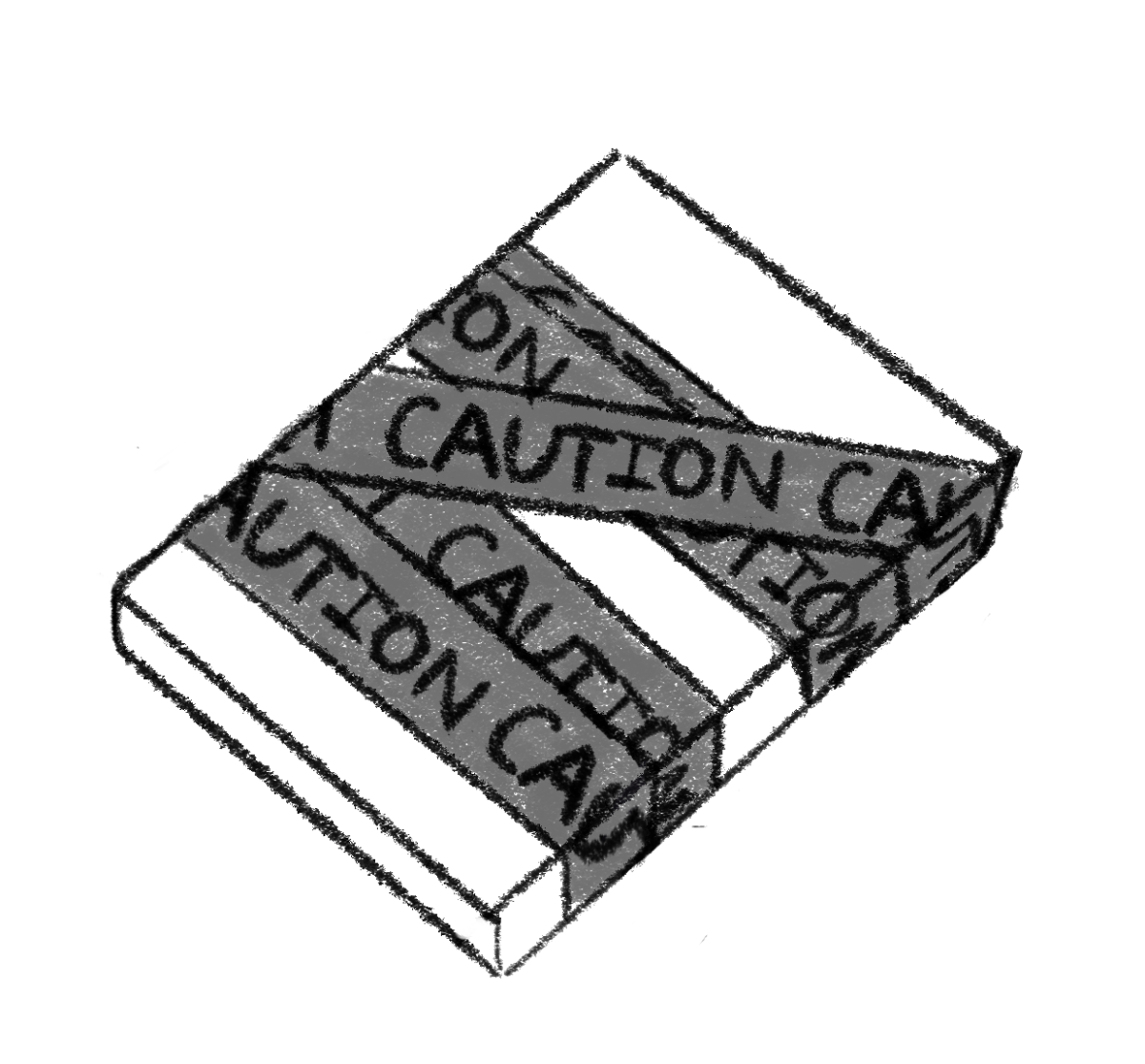
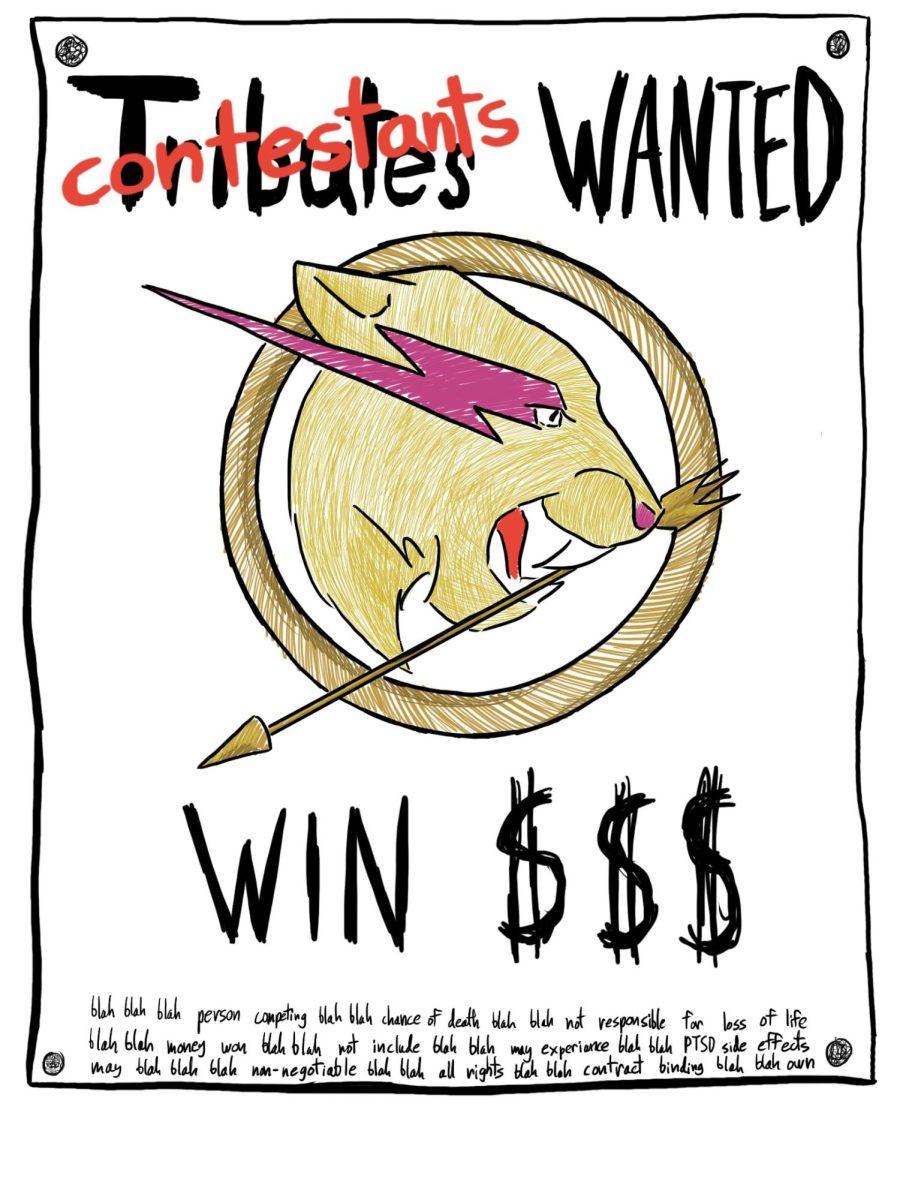
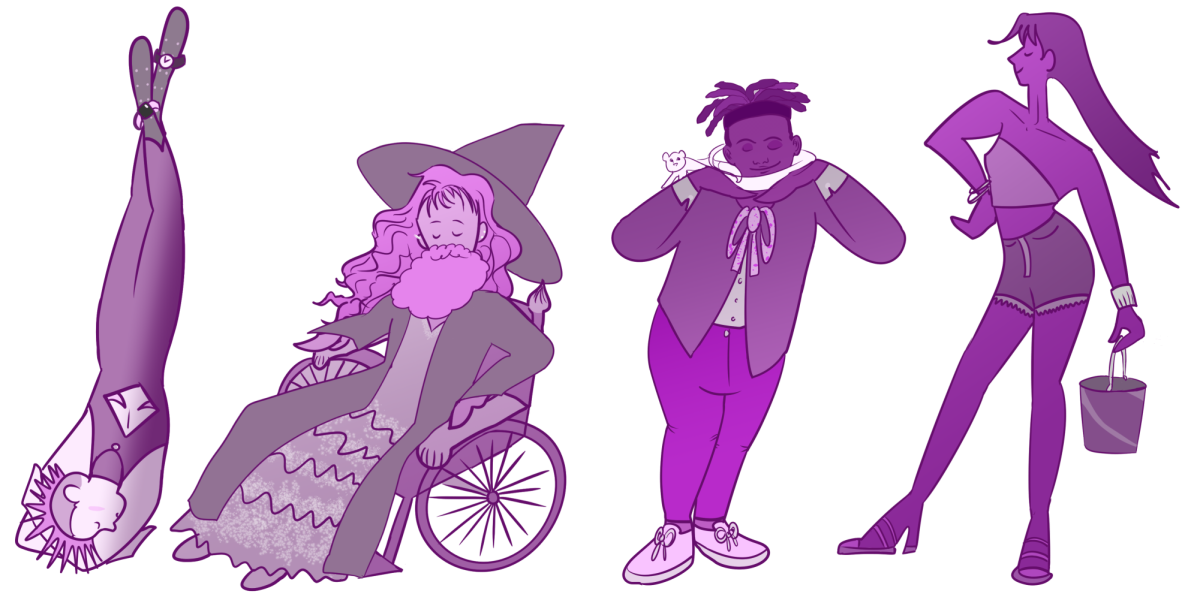
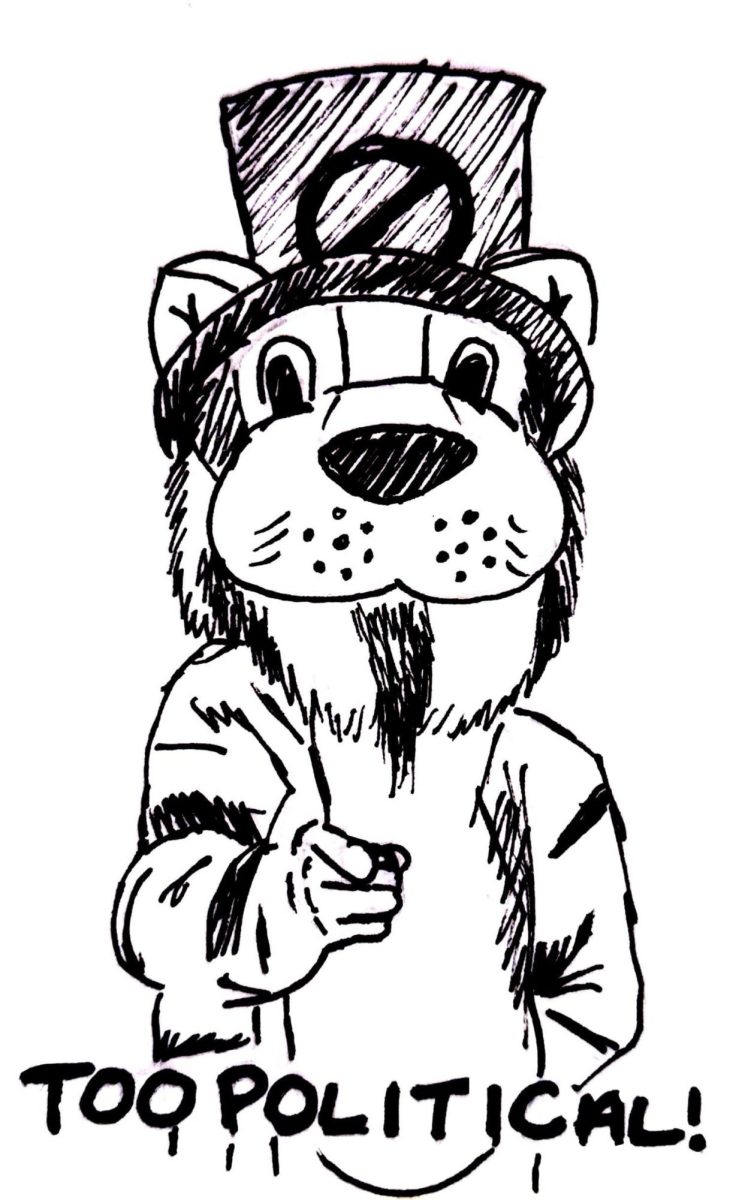
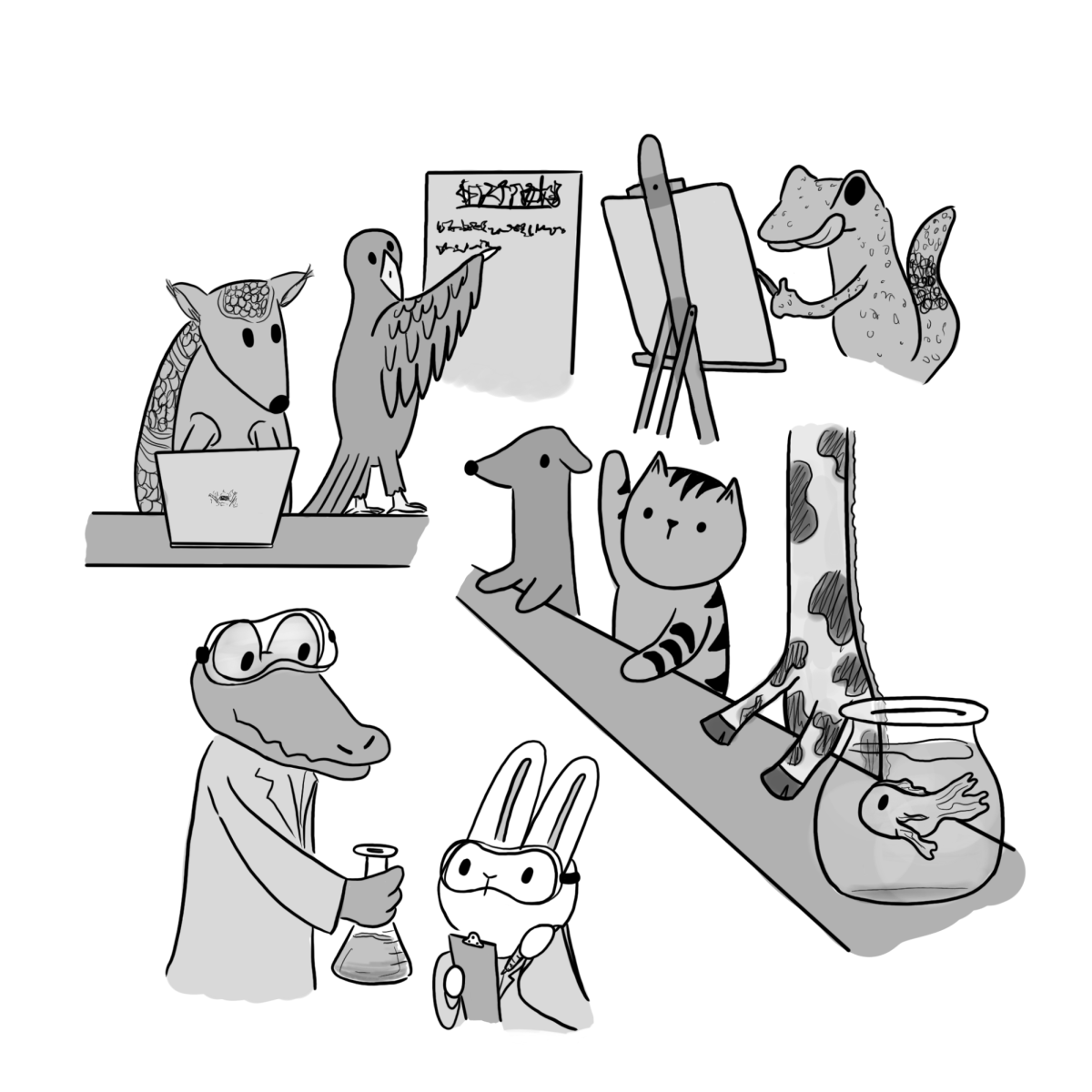
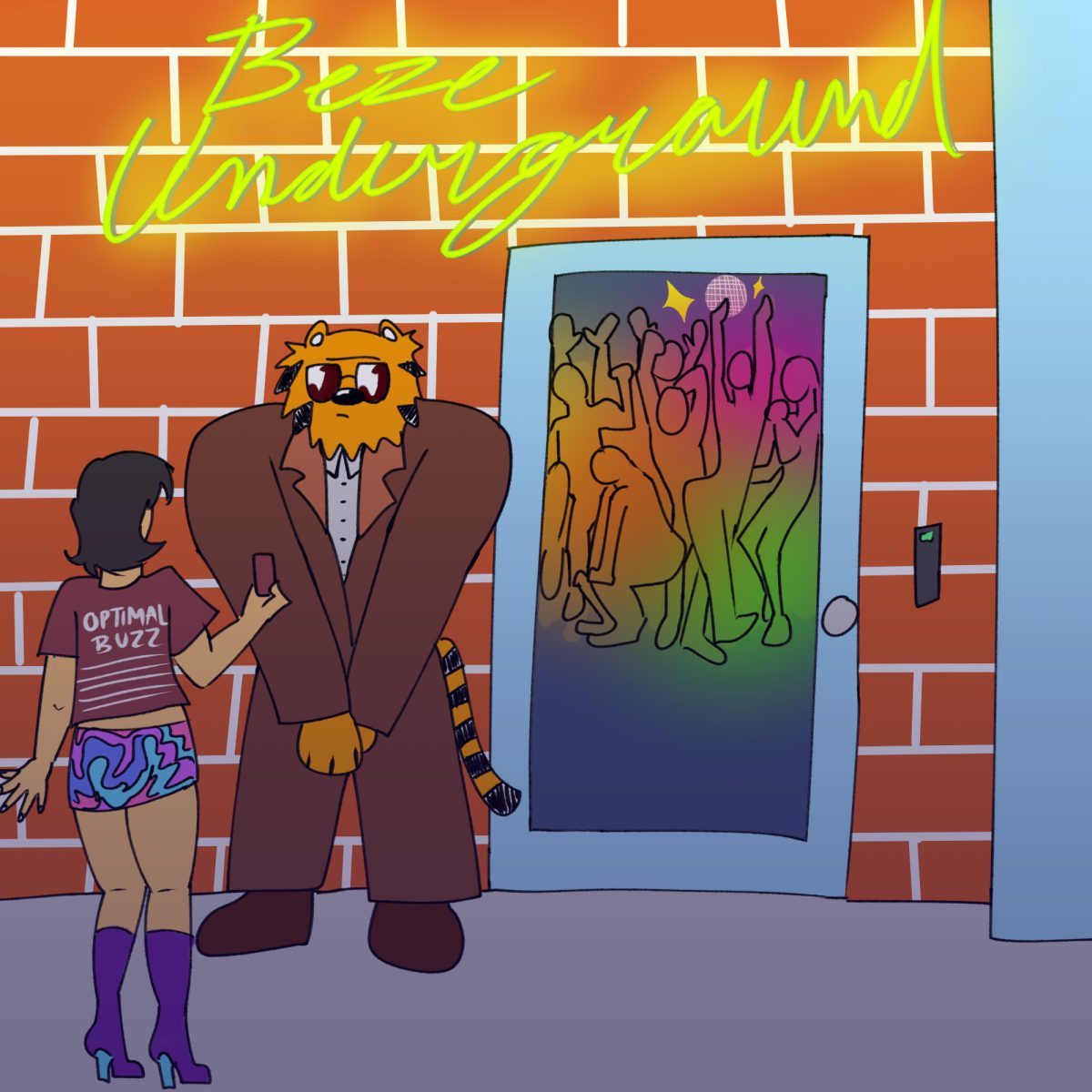
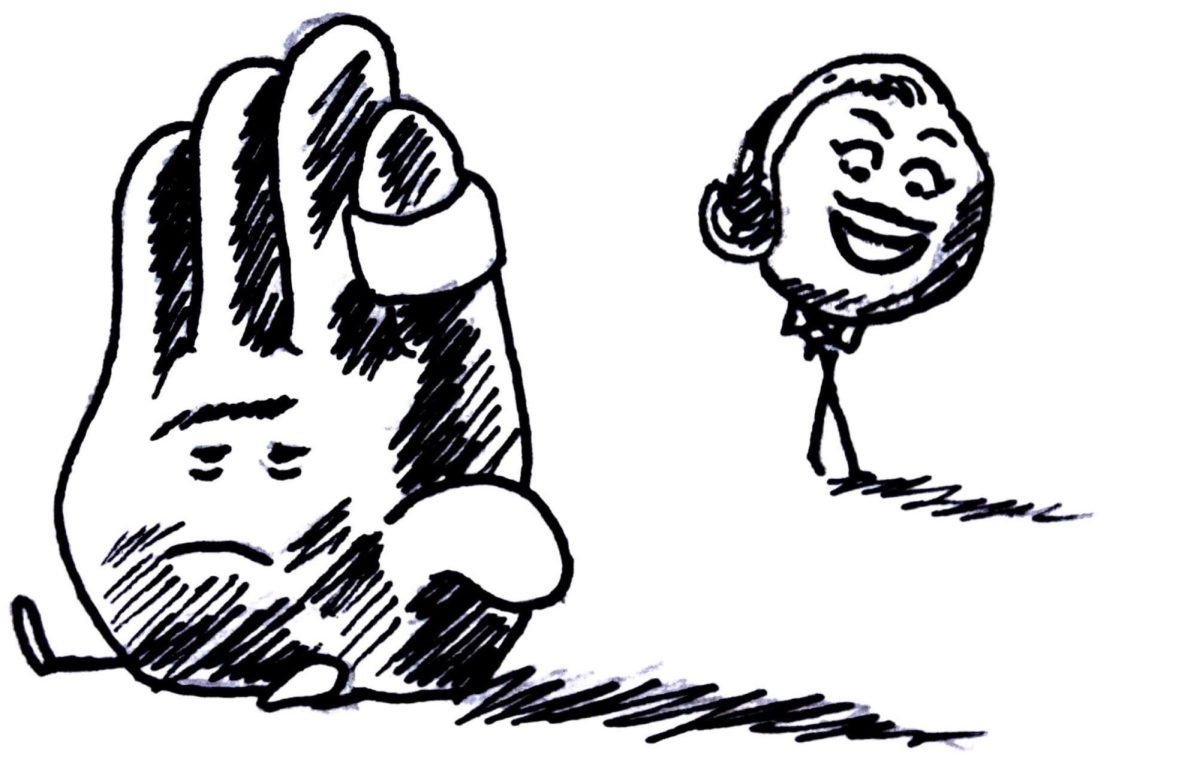
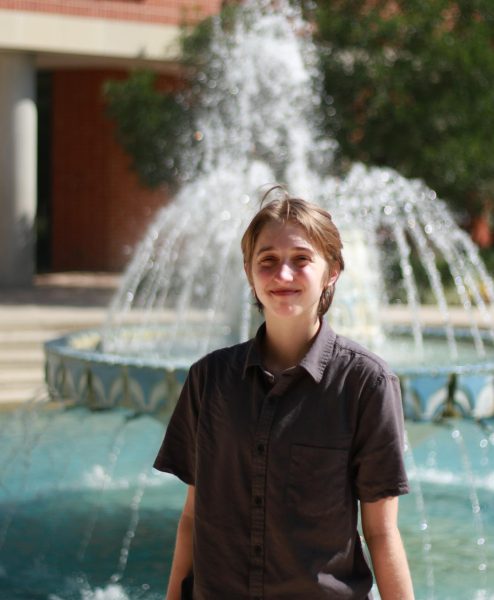
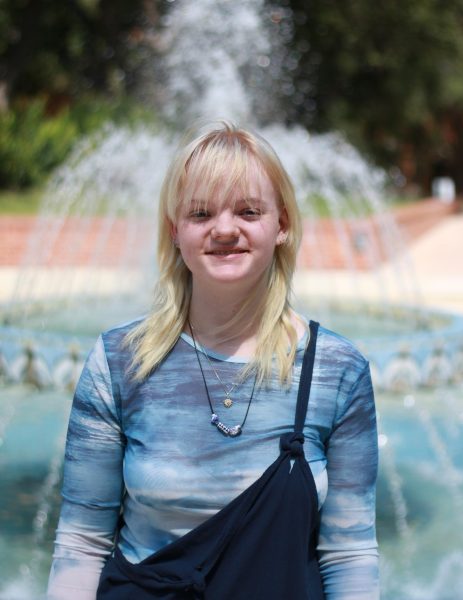
Kathy Fugate • Mar 15, 2024 at 1:22 pm
I read your article questioning the validity of “Thirteen Reasons Why” with great interest. Even more interesting was the fact that you were condemning a book that you admittedly never even bothered to read. “I’ve been aware of its premise since 2017” is not nearly good enough to qualify you to have such a strong, and wrong, opinion. Saying that you don’t support book banning, but we should definitely not be supporting THIS book is disingenuous, at best.
I am a mother who is damn lucky to still have my daughter. She was bullied horribly in high school, not only by students, but by some teachers, and worst of all, by her guidance counselor. When she became suicidal, I went directly to her school counselor who assured me that the appropriate school professionals would be informed and that he would personally keep an eye out for my daughter.
A couple of weeks later, I called him to follow up, and he informed me that he had “forgotten” to let anyone else know what was going on, but that he didn’t really believe my daughter was depressed. You see, he had seen her smile once between classes when she was talking to a friend, and everyone knows depressed kids have never smiled once in their entire lives. He was “counseling” me, you know, that thing he supposedly went to college for. Wow, Mr. McMenamy, you saw her smile once. Thank God, now we can stop worrying about her. We can fire her therapist. We can throw away all of these prescriptions that are keeping her psychological head above water. She smiled once! Problem solved!
As I was raising my daughter, I had a front row seat for the cruelty of children and adults alike, whenever they are confronted by someone who is a little bit different. High school kids should be reading every word of this book. Honestly, their parents should be reading it too. Maybe then that one girl in band class wouldn’t have told my daughter to kill herself. Maybe that group of kids at the bus stop wouldn’t have thrown rocks at her so I had to start driving her to school, for her own safety. Maybe I wouldn’t have ultimately had to pull her out of school and homeschool her, just to keep her alive.
And maybe another girl in her class wouldn’t have been sexually assaulted. Maybe that one boy wouldn’t have ACTUALLY killed himself, leaving everyone wondering why. They needn’t have wondered. Nearly all school suicides are because of bullying, and everyone knows it, but no one wants to admit it. By the way, it’s also what most school shootings are about. These kids are either being bullied by kids, adults, or both, and we all just continue to look the other way, because it’s unpleasant, and “Well, I know, MY kid would never bully anyone.” Oh, clueless parents, you’re all so adorable. So kids keep killing themselves, or shooting up schools and killing other kids, because no one is willing to shine a spotlight in the eyes of the bullies and yell, “Wake up!” No one, that is, until Jay Asher wrote “Thirteen Reasons Why” and all of the pearl-clutchers lost their collective shit.
Maybe if kids had to read this book, they would finally be forced to really look at the harm they’re capable of, and that they’re actively doing. Maybe it could make a difference. Because if you can’t make them see the harm in their behavior, they’ll never stop. The more they get away with it, the more they start laughing and bragging about it, and the more normalized it becomes.
The answer is not protecting the precious little darlings from the truth. They need to be hit in the face with it, and in a way that shows them in graphic detail what is happening, and how they are culpable. The answer is NOT to ban books and pretend the problem doesn’t exist. Kids are dying, and it honestly feels like no one gives a shit, just as long as no one makes them look too hard into the mirror. You say the book is triggering (and it definitely did trigger me), and a largely inaccurate portrayal of suicide. As someone who has spent years in the thick of it, I have to tell you that on that last point, you couldn’t be more wrong, and being wrong about this can kill people. It’s killing them every day. Getting rid of a book that could help is not the answer. Hiding this information from the very kids who most need to be reading it is not the answer. Take aim at the Netflix series, not the book.
Lucy • Apr 16, 2024 at 7:04 pm
Absolutely agree with you on every word you said. When I was in high school we read books in class like Kes, and Lord of the Flies. I’m pretty sure if 13 Reasons was around then my teacher would have let us read that too. Luckily in the UK we have less pearl clutching and bubble wrapping though I think they’re working on it, so we get to see and read stuff the USA seems unsuitable. What’s unsuitable is kids shooting up schools and killing themselves. When I was at school kid suicide was virtually unheard of. My eldest is 24 and been to 3 funerals so far of his peers….ONE was medical. That is NOT acceptable! I’ve not read the book (I didn’t know it was one but I am watching the series and yes I’ve been triggered….I self harmed at 14) but do 8 think we should brush it under a carpet …? NO I think it deserves as much publicity as it can get. My youngest was bullied throughout school and now hates going out… he’s 19 with no life. Would this book have stopped it? Maybe not but it certainly might have opened some eyes to keep an eye on things or open up about it.